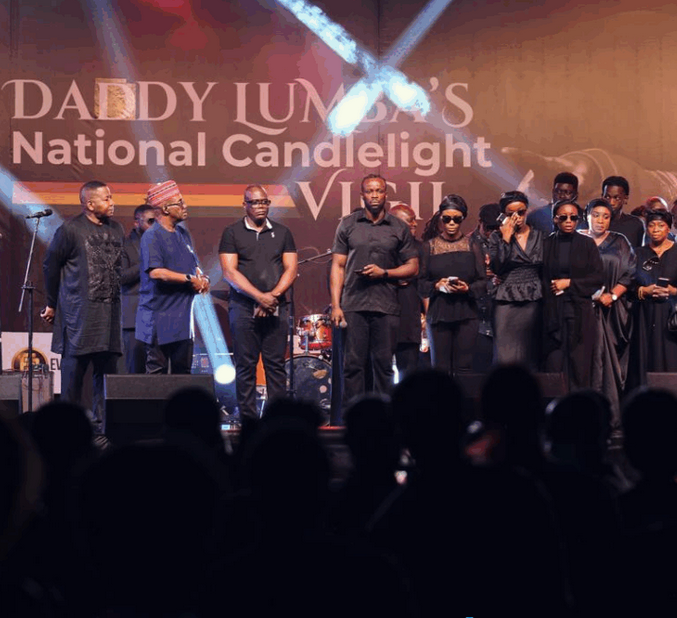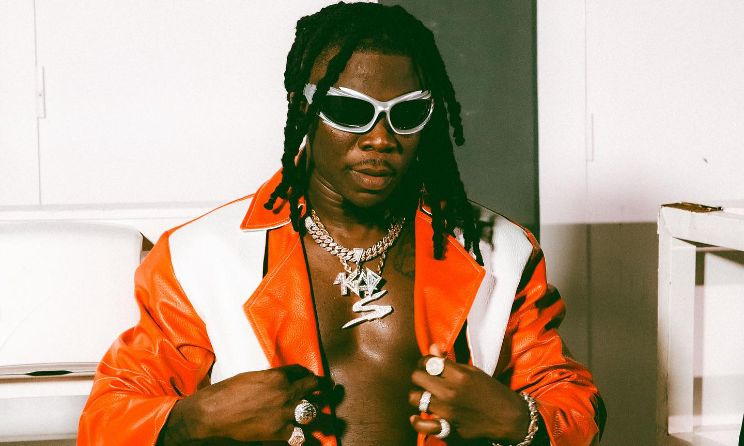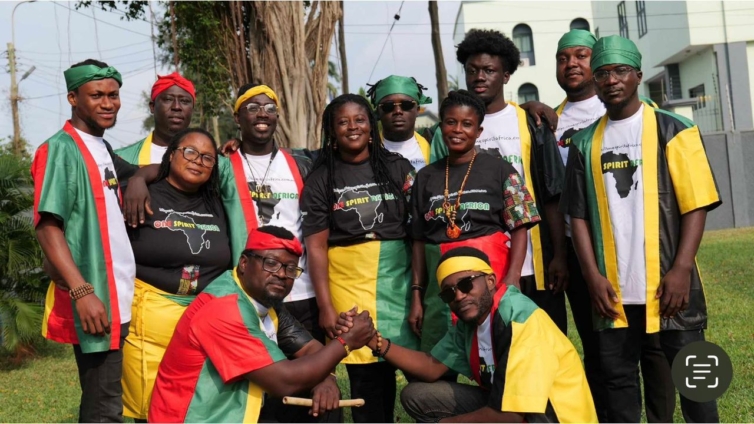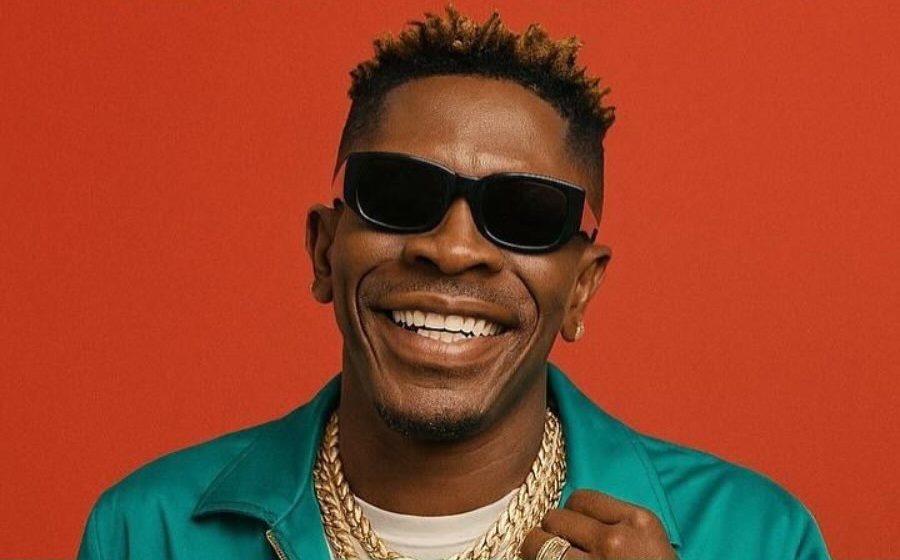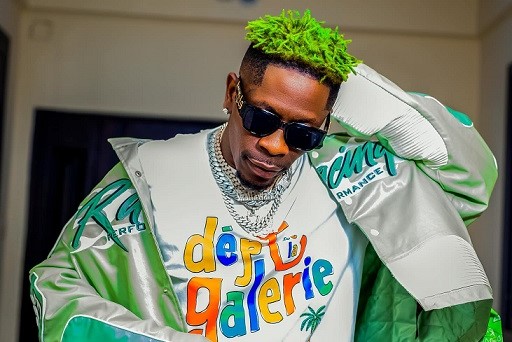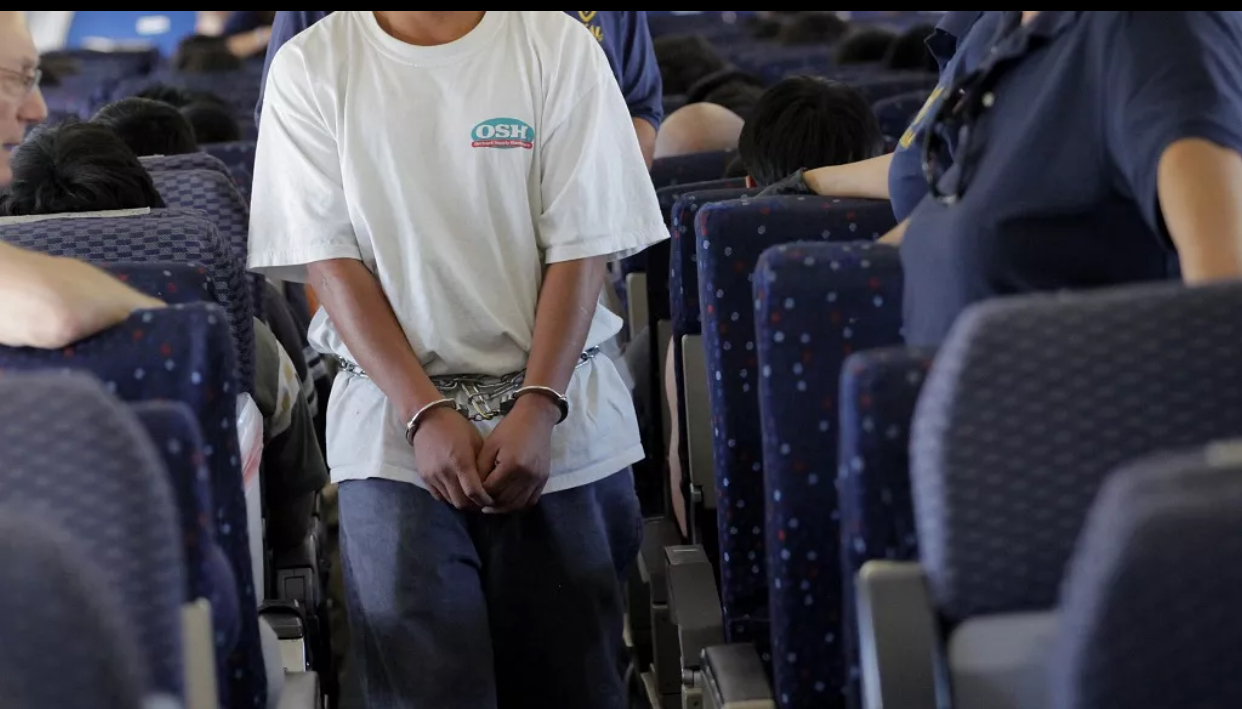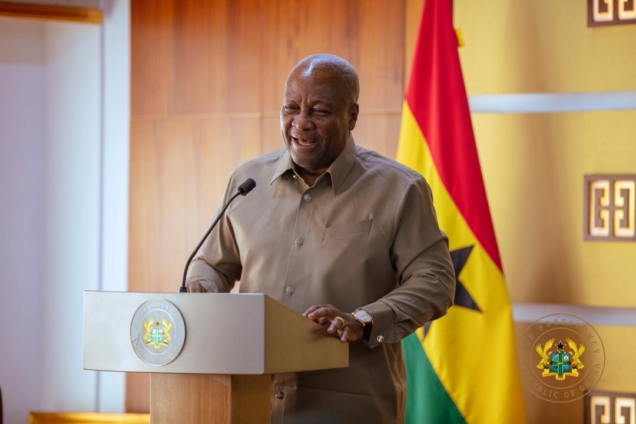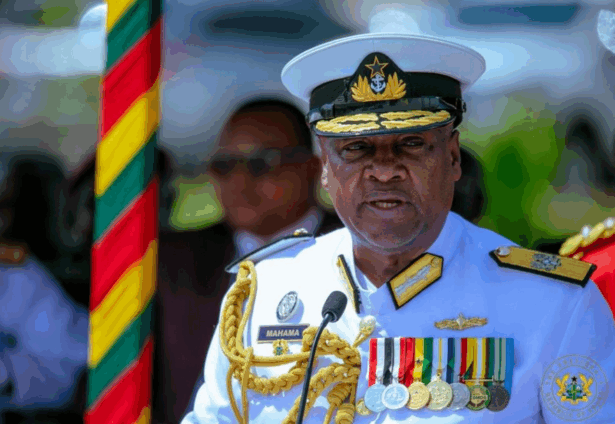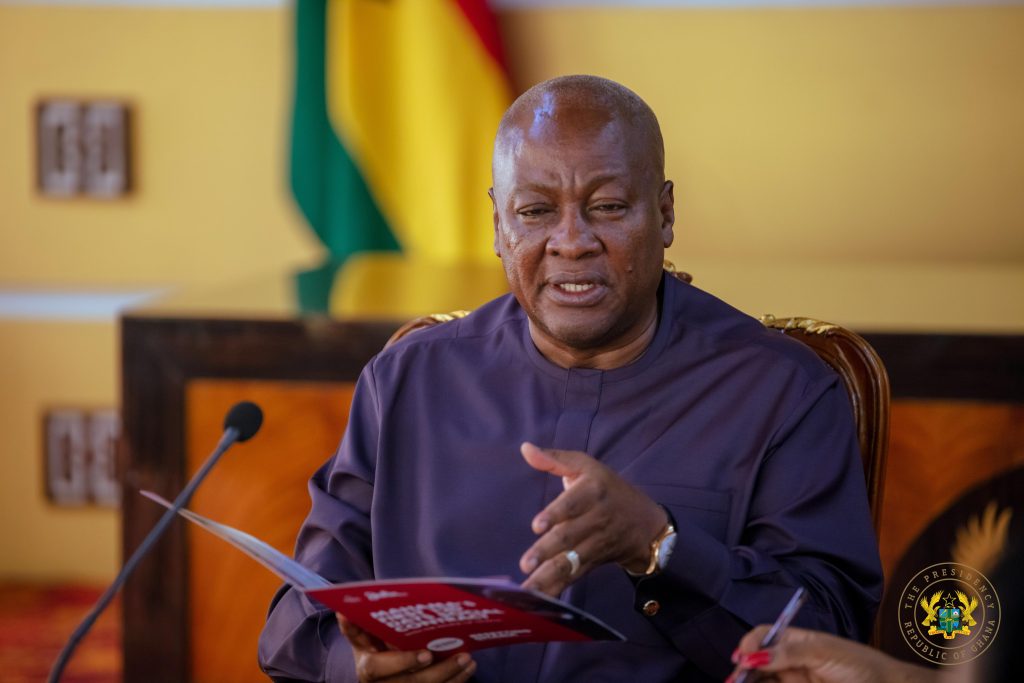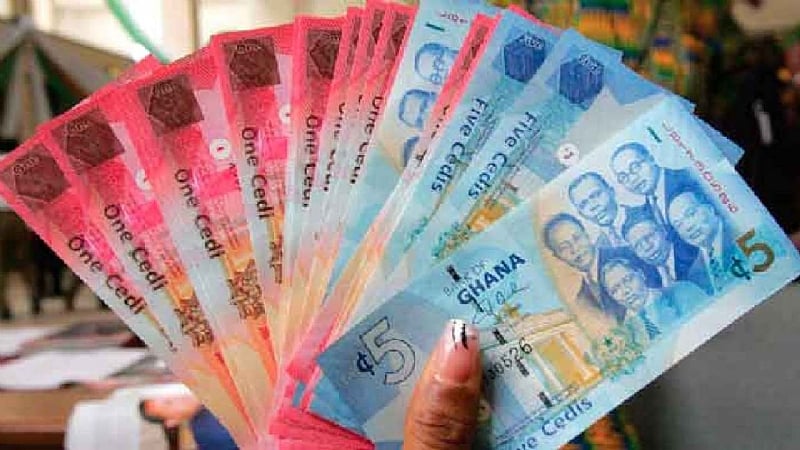Thousands of Ghanaians converged on Independence Square Saturday night for a candlelight vigil honoring the late highlife legend Charles Kwadwo Fosu, widely known by his stage name, Daddy Lumba.
The emotional gathering, marked by flickering candlelight and quiet reflection, underscored the enduring influence of one of Ghana’s most prolific and beloved musicians. Lumba, whose career spanned nearly four decades, died in the early hours of July 26 at The Bank Hospital in Accra after a prolonged illness. He was 60.
Attendees—many clad in black—filled the expansive square, singing along to Lumba’s classic hits and sharing stories of how his music had shaped their lives. The vigil featured poetry recitals, choral tributes, and musical performances, all dedicated to celebrating the legacy of an artist whose songs became deeply woven into the cultural fabric of the nation.
“It’s more than just music. He spoke to our everyday realities—love, hardship, triumph,” said Kojo Asare, a longtime fan who traveled from Kumasi for the vigil. “He was the soundtrack to our lives.”
Lumba, who released over 30 albums and more than 200 recorded songs, was known for his distinct voice, lyrical depth, and ability to blend traditional highlife with contemporary Ghanaian rhythms. His work consistently topped local charts and earned him numerous accolades, both at home and abroad.
Though private about his health, Lumba had reportedly battled an undisclosed condition for over 15 years. News of his passing sent shockwaves across the country and triggered a wave of tributes from fans, fellow musicians, and government officials alike.
Saturday’s vigil marks the beginning of a series of commemorative events planned in the coming weeks, as Ghanaians continue to reflect on the impact of an artist many have come to regard as a national institution.
“Daddy Lumba gave voice to the Ghanaian spirit,” said Ama Serwaa, a choral director who performed at the event. “His legacy is not just in his records, but in the hearts of those he touched.”
The evening’s tone was one of reverence and gratitude, signaling not only the end of an era in Ghanaian music but the continuation of a legacy that shows no signs of fading.



